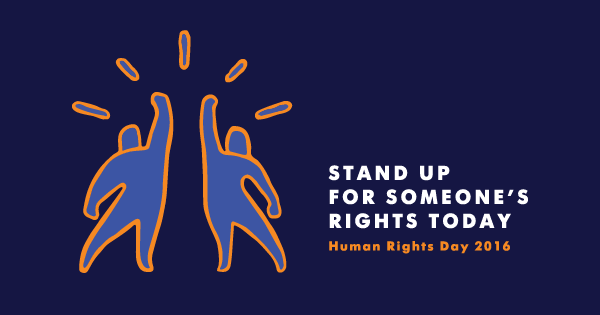Today is the 64th International Human Rights Day, the day the United Nations proclaimed the Universal Declaration of Human Rights (UDHR) the highest form of human aspirations for freedom and human rights.
This year’s theme for Human Rights Day celebrates the rights of all people to freedom of opinion and expression, to peaceful assembly and association, and to participate in official decision-making process.
These rights have been denied to people in Tibet for over six decades. Peaceful protests have been suppressed by force by the law enforcement agencies of the Chinese government as it happened in January 2012 when armed police fired upon unarmed Tibetan protesters in Drango, Serthar and Dzamthang counties in Sichuan Province, killing five known Tibetans and injuring scores of others.
 Today we celebrate the 68th anniversary of the adoption of the Universal Declaration of Human Rights (UDHR) by the United Nations General Assembly in 1948. The rights and freedoms enshrined in the UDHR affirm that we are born free and equal, endowed with inherent rights to freedom of movement, expression, thought, privacy, religion, assembly, and a decent livelihood.
Today we celebrate the 68th anniversary of the adoption of the Universal Declaration of Human Rights (UDHR) by the United Nations General Assembly in 1948. The rights and freedoms enshrined in the UDHR affirm that we are born free and equal, endowed with inherent rights to freedom of movement, expression, thought, privacy, religion, assembly, and a decent livelihood.
